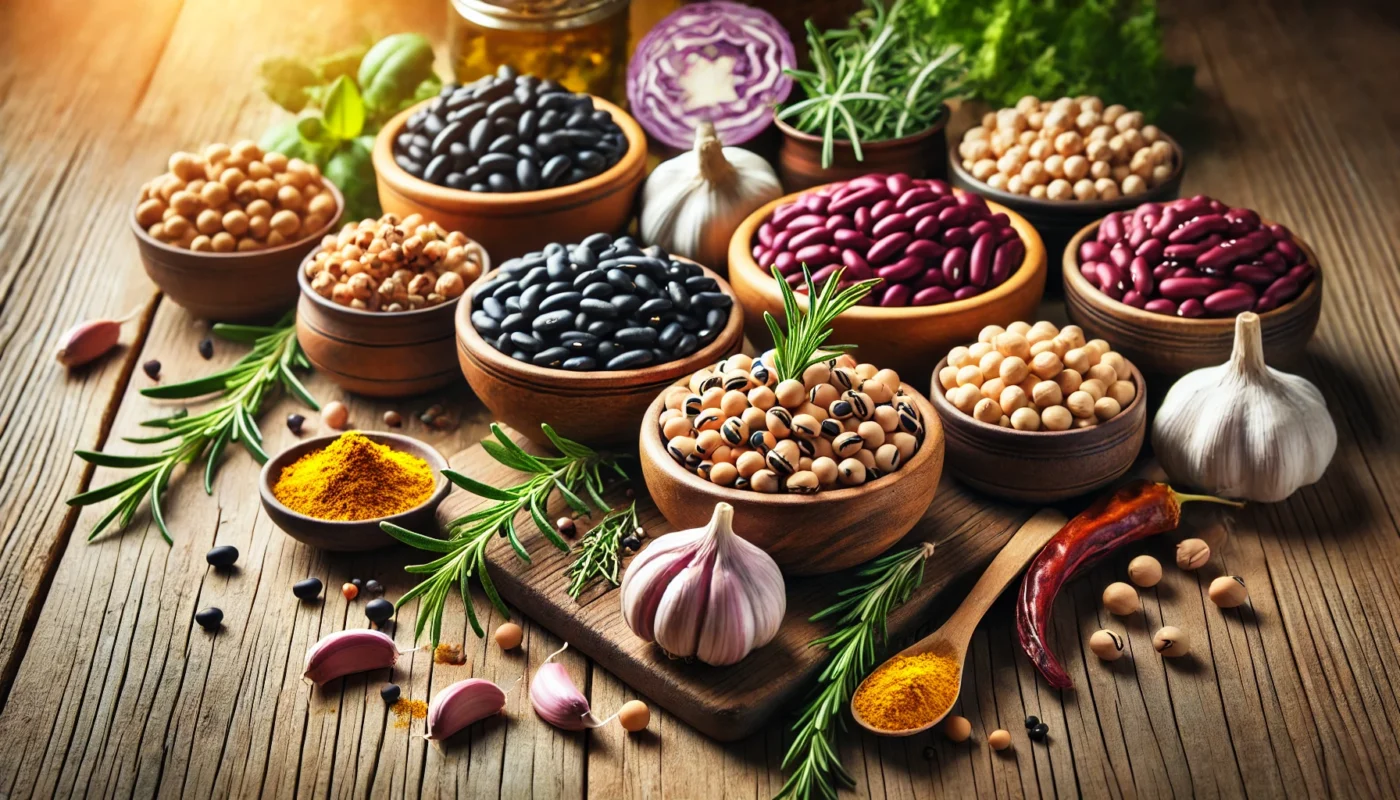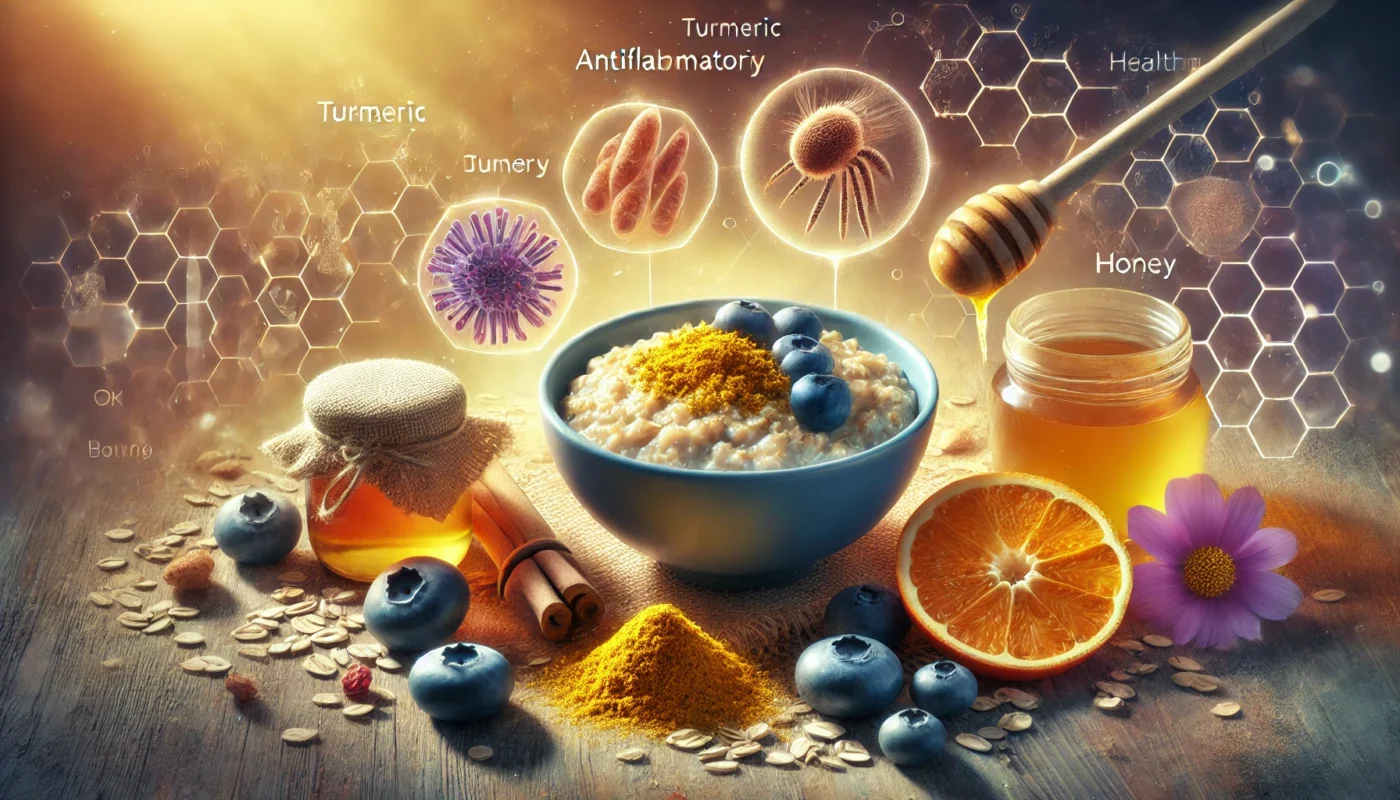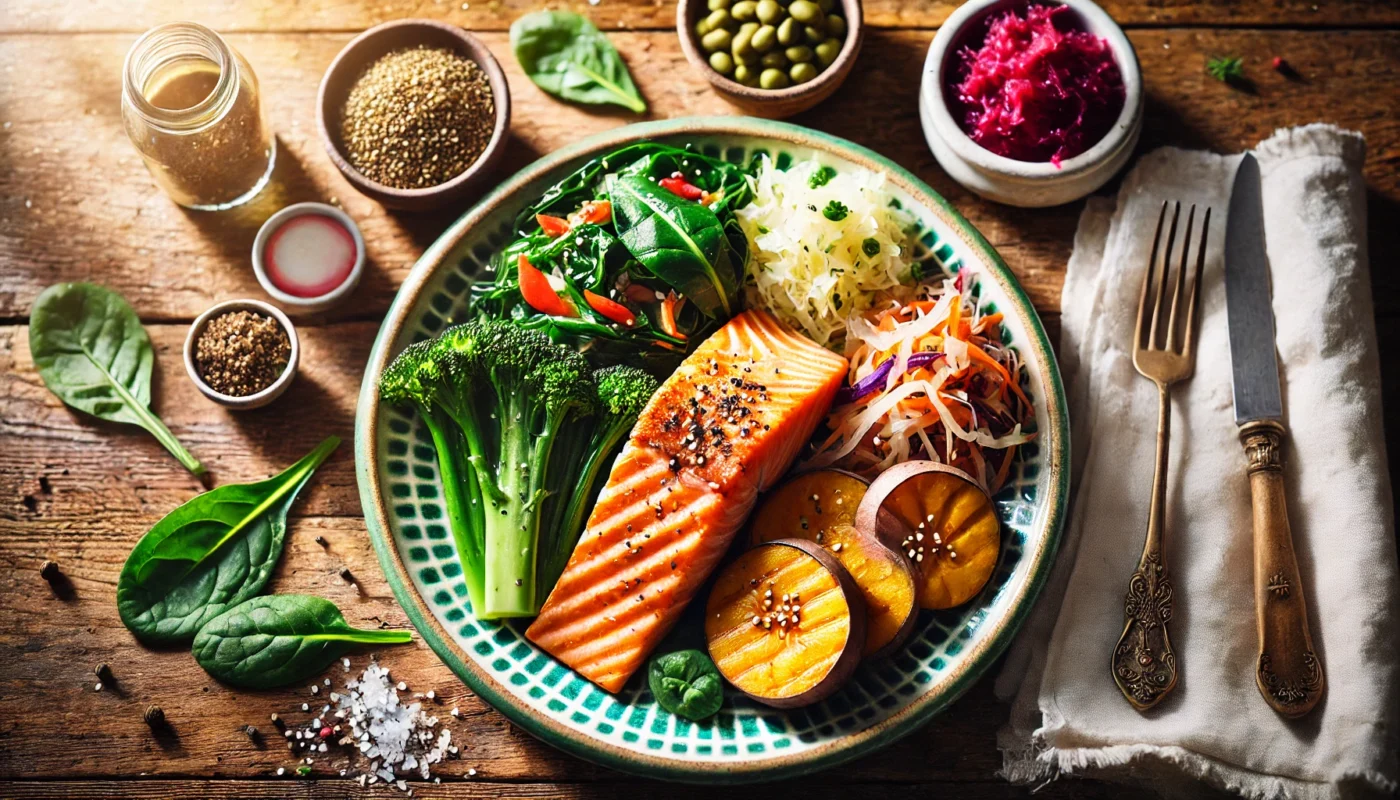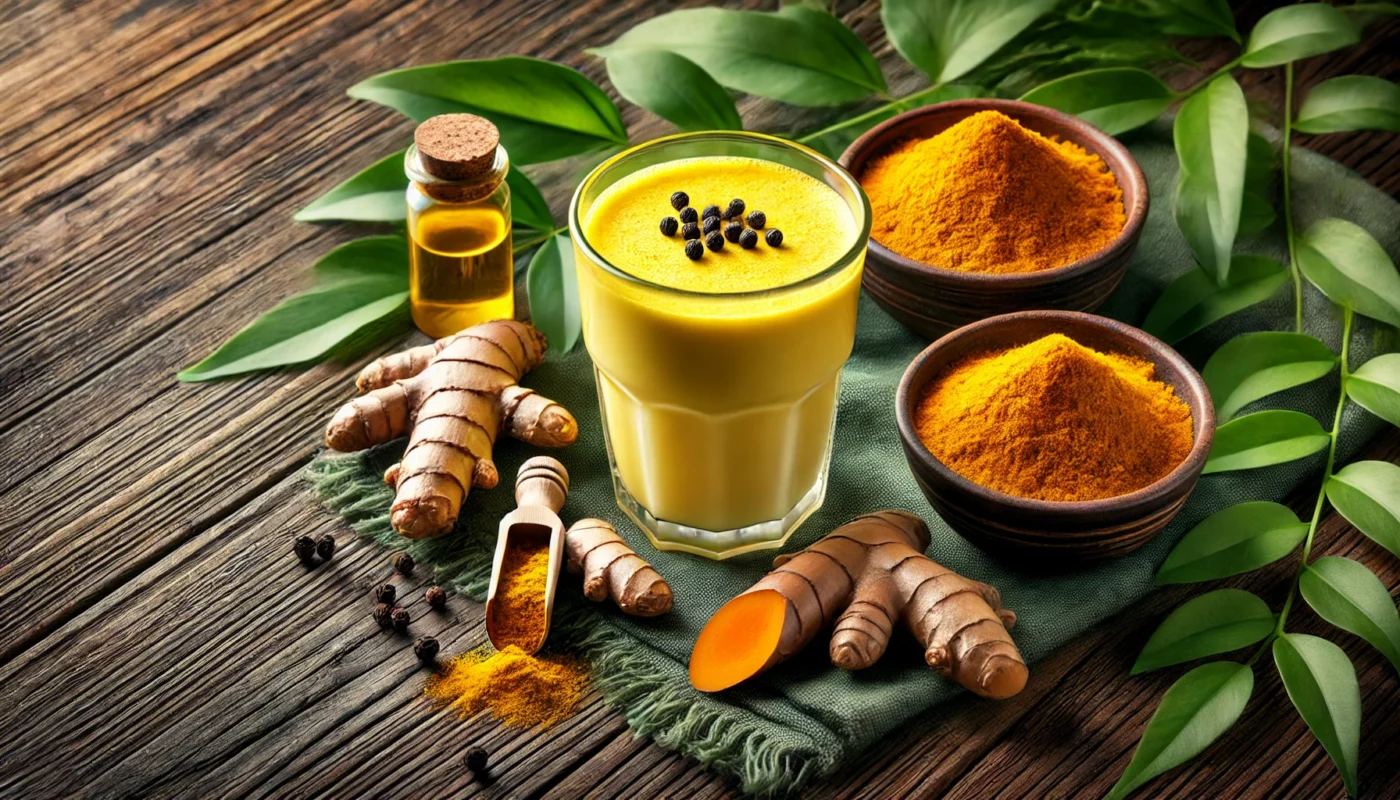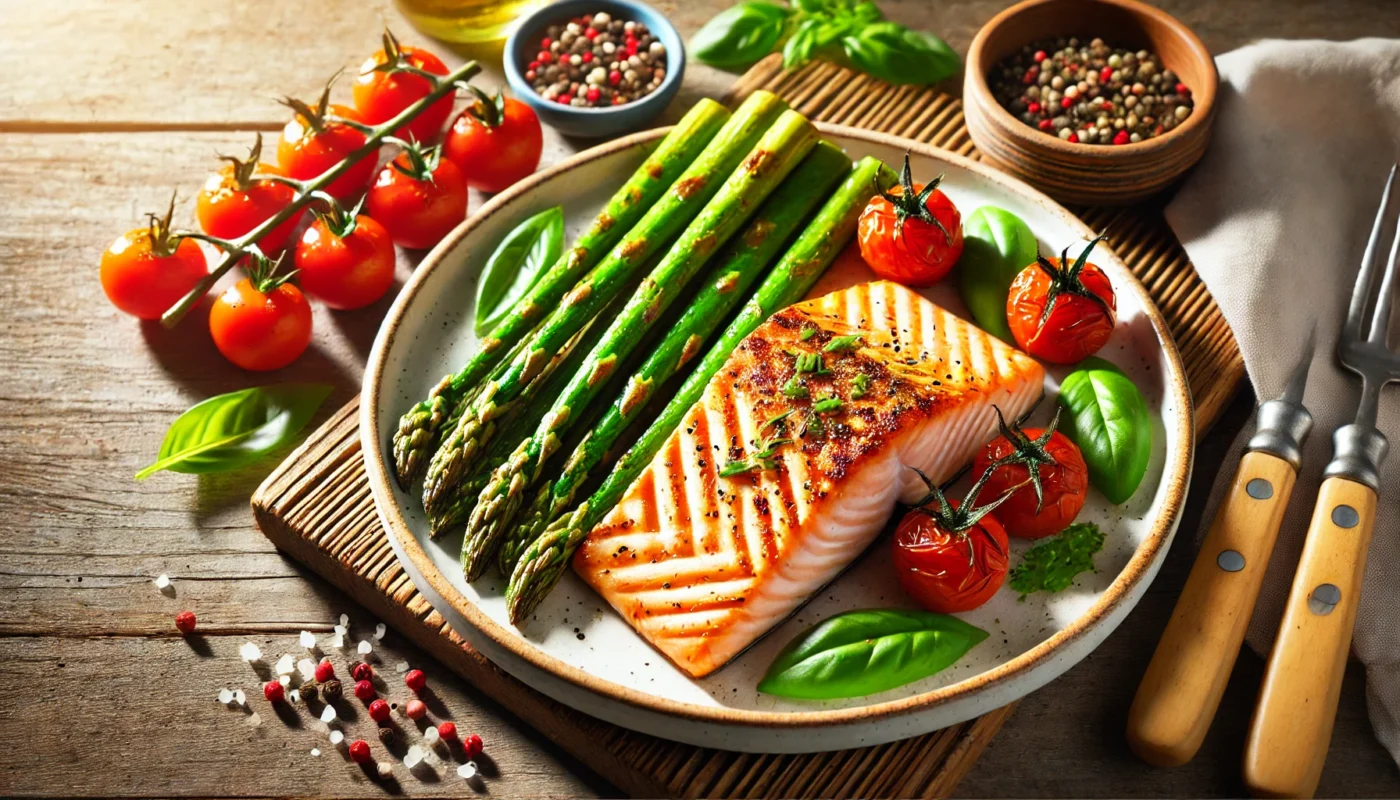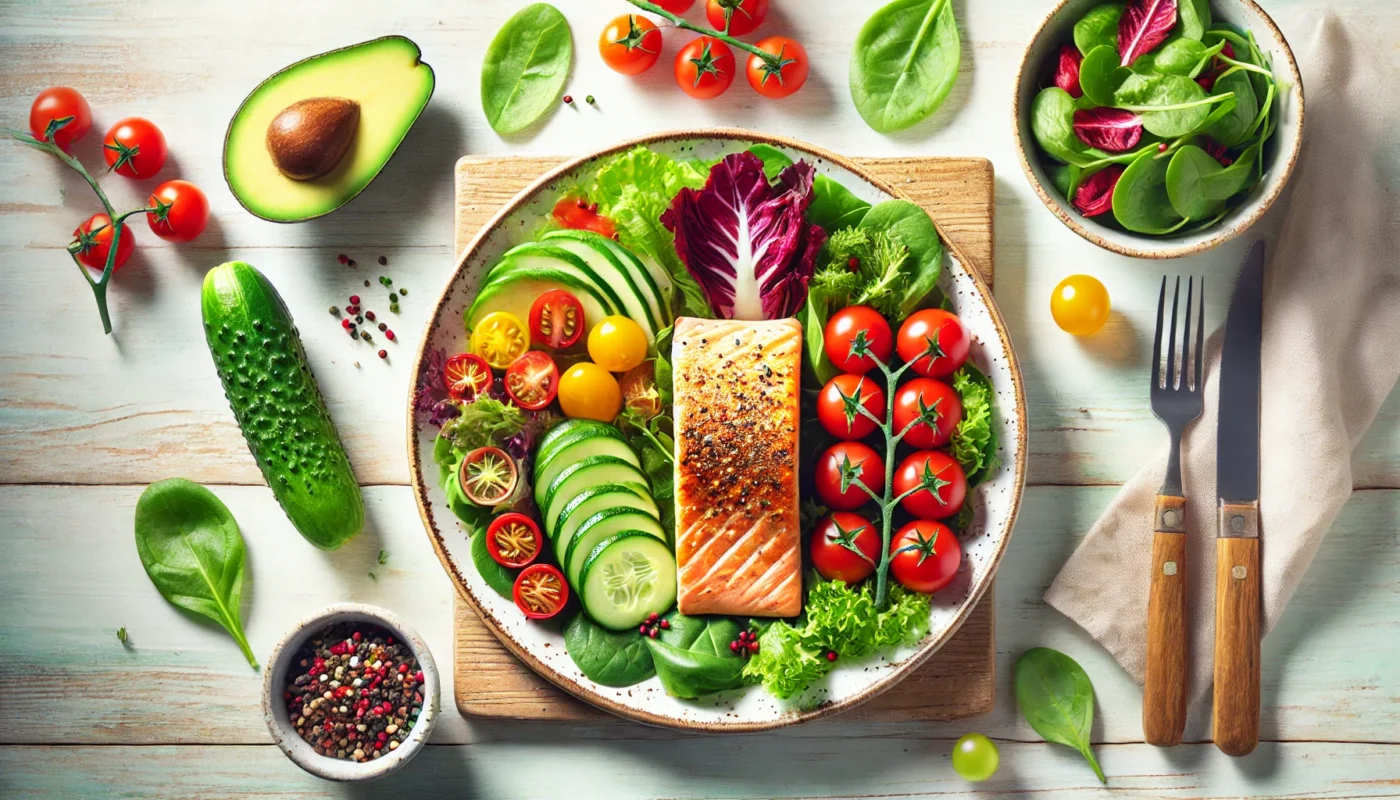Inflammation is a natural biological response to injury or infection. It’s a critical part of the body’s defense mechanism, involving immune cells, blood vessels, and molecular mediators. However, when inflammation becomes chronic, it can lead to various health issues, including heart disease, arthritis, and certain cancers. Therefore, managing inflammation through diet has become an essential consideration in holistic health practices.
Tag Archives: recipes
Inflammation is a natural response of the body to injury or illness, but chronic inflammation can lead to a host of health issues, including arthritis, heart disease, and diabetes. While medications can help, many people are turning to natural remedies to reduce inflammation, and juices made from anti-inflammatory ingredients are increasingly popular. In this guide, we’ll explore some of the top juices that can help combat inflammation naturally, backed by scientific evidence and practical advice.
To comprehend oatmeal’s impact, we must first understand inflammation. Inflammation is the body’s natural response to injury or infection, a crucial part of healing. However, chronic inflammation is a different story. It can lead to various health problems, including heart disease, diabetes, and arthritis. Therefore, managing inflammation is vital for maintaining optimal health.
The AIP diet is a specialized version of the Paleo diet, focusing on eliminating foods that may trigger inflammation and exacerbate autoimmune symptoms. It encourages the consumption of nutrient-dense foods that support gut health and immune function. By understanding the scientific research behind the AIP diet, individuals can make informed choices to optimize their health and wellbeing.
Before diving into the spices, it’s crucial to understand what inflammation is. Inflammation is part of the body’s immune response. Initially, it is beneficial, but chronic inflammation can be detrimental to your health. Factors such as stress, lack of exercise, and poor diet can contribute to chronic inflammation. This is where anti-inflammatory herbs and spices come into play.
Inflammation is the body’s natural way of protecting itself against harm. When you experience an injury or infection, your immune system responds by sending increased blood flow to the affected area. This process helps eliminate pathogens and promotes healing. Short-term inflammation is a protective mechanism, vital for maintaining health.
However, when inflammation persists over time, it becomes chronic. Chronic inflammation can result from various factors, including environmental pollutants, prolonged stress, or an imbalanced diet. Unlike acute inflammation, which is beneficial, chronic inflammation can lead to tissue damage and contribute to the development of several diseases.
Inflammation acts as a defense mechanism for the body. When the immune system detects harmful stimuli, such as pathogens, damaged cells, or irritants, it responds by initiating the inflammatory process. This response is designed to eliminate the initial cause of cell injury, clear out damaged tissues, and establish a repair process.
Acute inflammation is typically short-term, lasting only a few days, and is characterized by redness, heat, swelling, and pain. It is essential for healing and recovery. However, it’s important to recognize when inflammation becomes harmful rather than helpful.
This guide will delve into the essentials of an anti-inflammatory diet, providing you with printable resources and meal plans to help you embark on this transformative journey towards better health.
When it comes to maintaining optimal health, the importance of a balanced diet cannot be overstated. Recent research underscores the significance of incorporating anti-inflammatory foods into our daily meals to combat chronic inflammation, a silent contributor to many health issues, including heart disease, diabetes, and arthritis. In this article, we’ll dive into nutrient-packed anti-inflammatory snacks that are not only delicious but also beneficial for your overall well-being.
Inflammation is a natural and essential part of the body’s healing process. However, chronic inflammation can lead to various health issues, including heart disease, arthritis, and certain cancers. Fortunately, incorporating anti-inflammatory foods into your diet can help mitigate these risks and promote overall well-being. This article will delve into a selection of flavorful anti-inflammatory foods and provide practical meal ideas to incorporate them into your daily routine.
In the quest for optimal health and wellbeing, super healthy foods have taken center stage. They are the stars of a nutritious diet, offering a wealth of benefits.
But what exactly are these superfoods?
They are nutrient-dense foods, packed with vitamins, minerals, and antioxidants. They are the foods that help us thrive, boosting our health and vitality.
Yet, understanding these superfoods can be a challenge. The science behind them can seem complex, and knowing how to incorporate them into our diets can be daunting.
This guide aims to demystify superfoods. We’ll delve into the science, explore the top 10 super healthy foods, and provide practical tips on how to include them in your meals.
Whether you’re a fitness enthusiast, a health enthusiast, or a medical patient, this guide is for you. It’s about empowering you to make informed dietary choices for improved wellbeing.
So, let’s embark on this journey of discovery. Let’s explore the world of super healthy foods and their incredible benefits.
- 1
- 2

